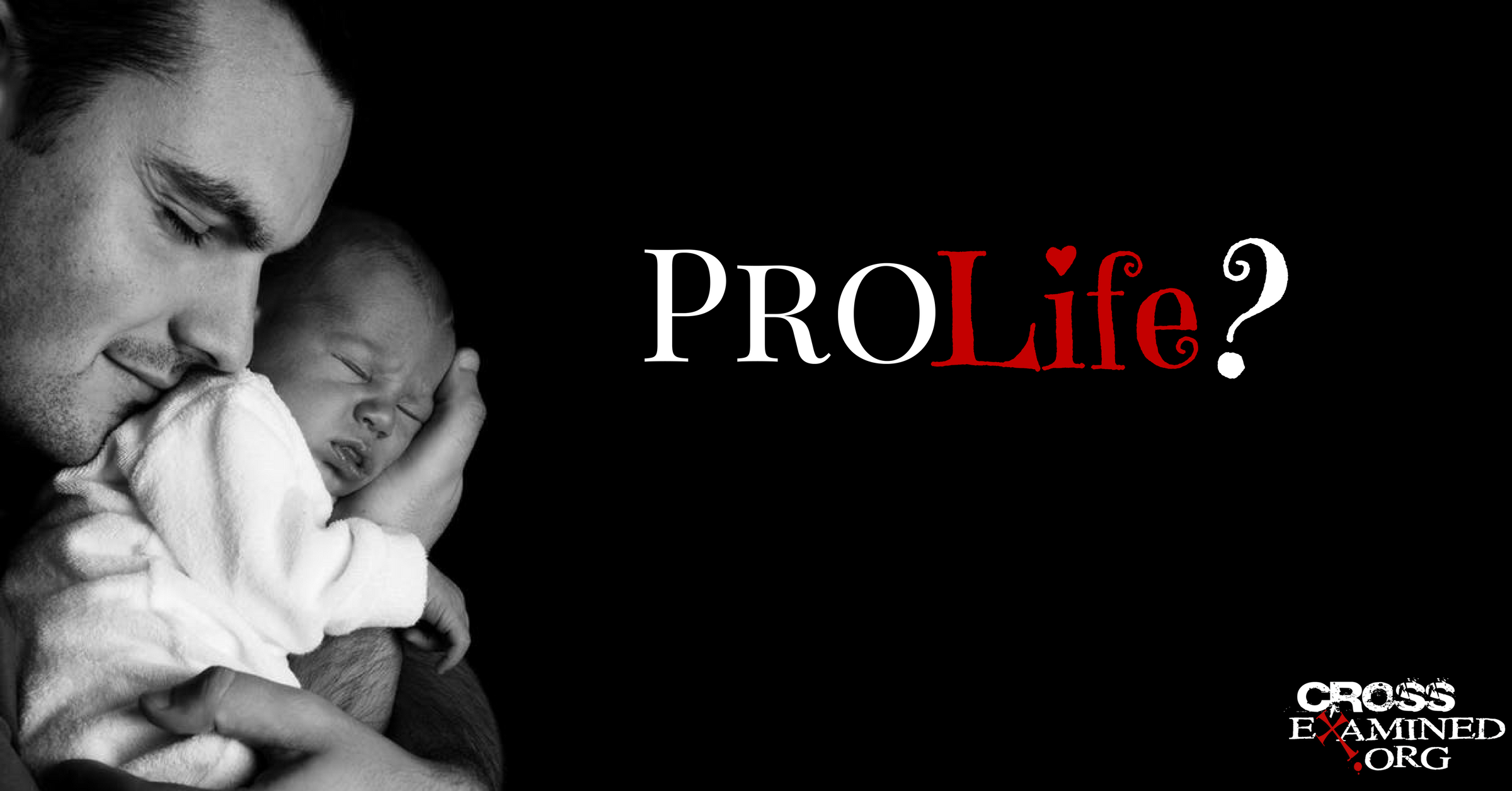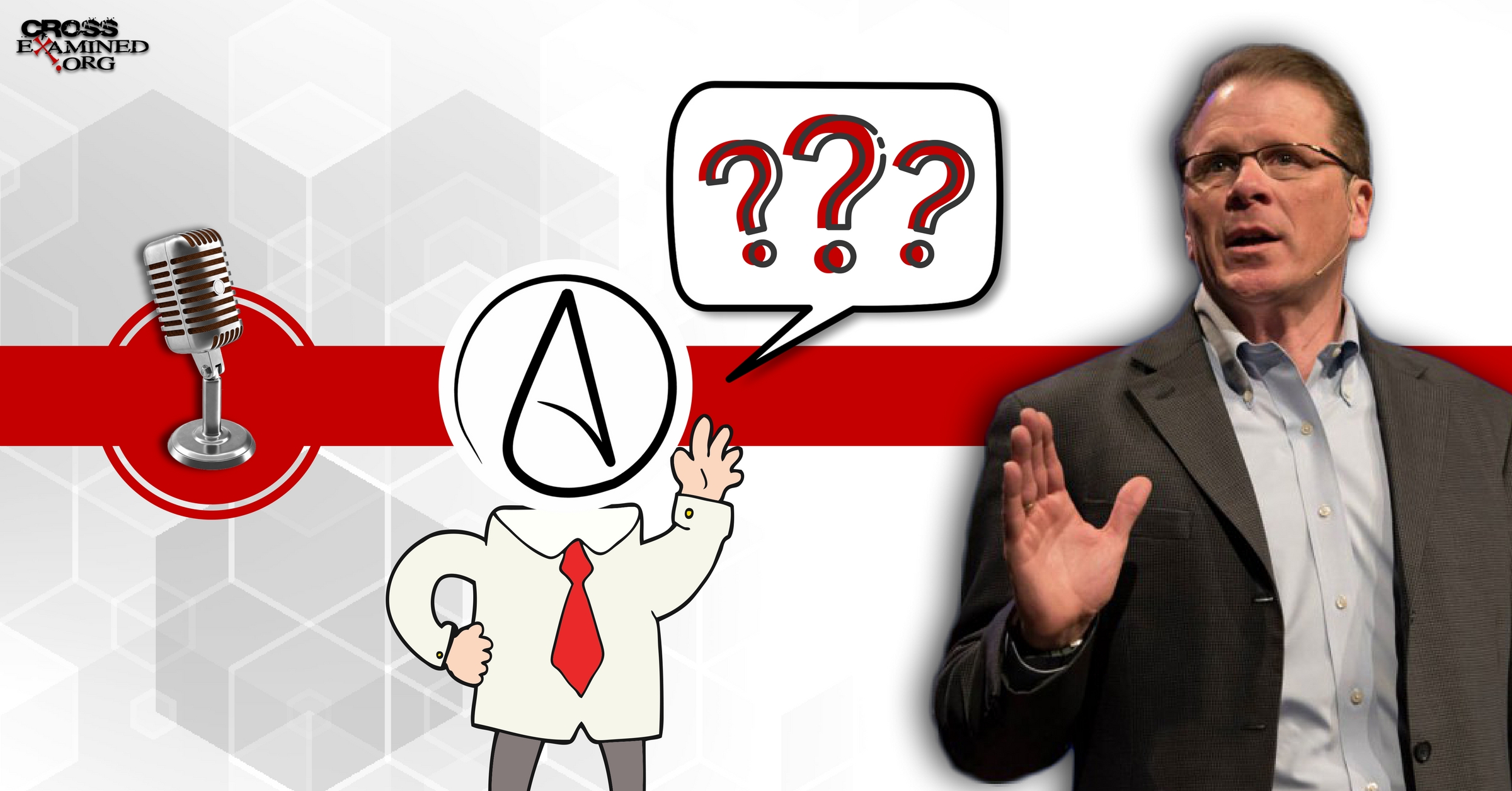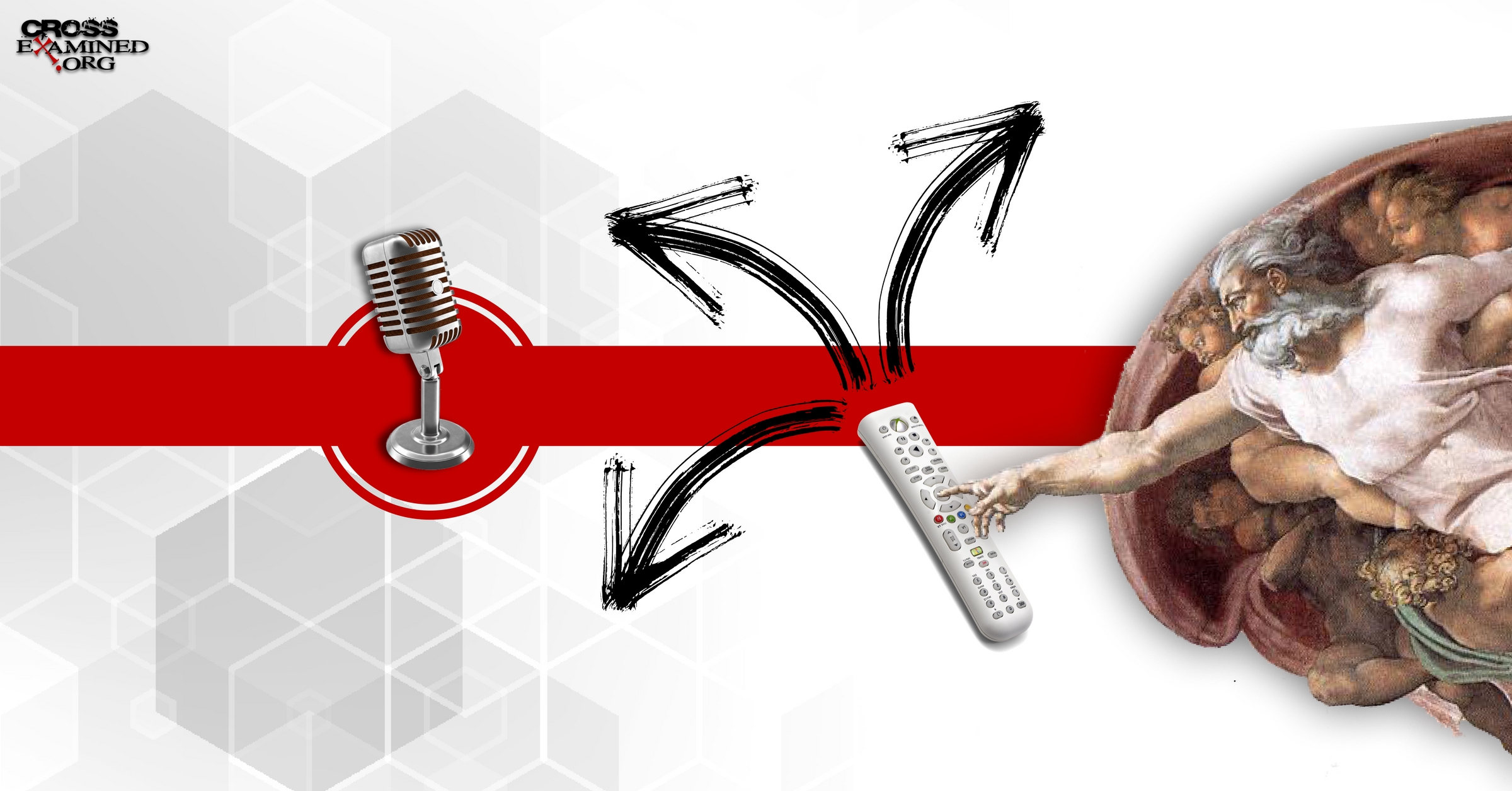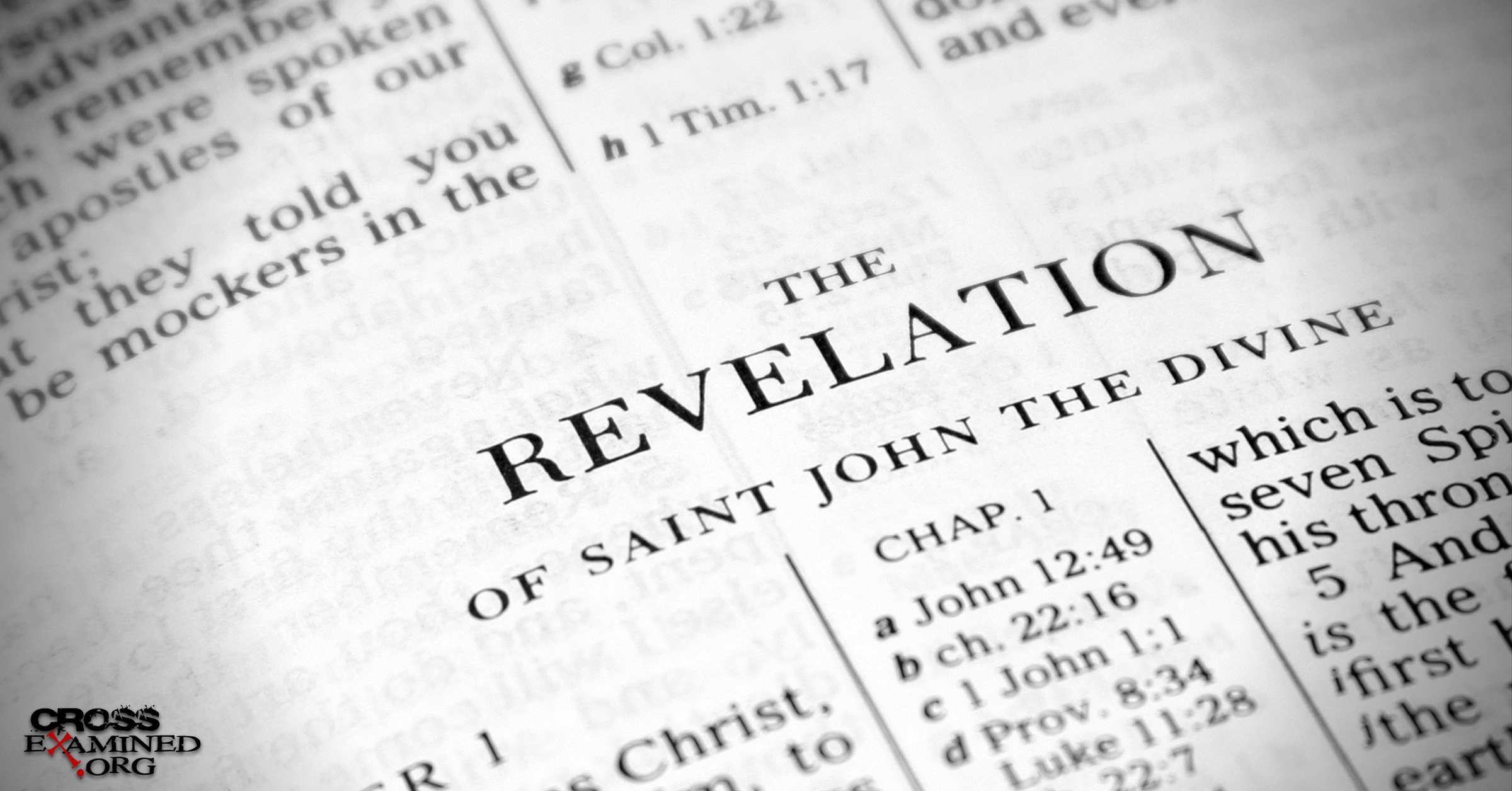Por Jairo y Josafath Izquierdo
Todo aquel que creyera en el nombre del Señor será salvo.
Ro. 10:13
El punto principal de la apologética es demostrar que el cristianismo es verdadero y lidiar con argumentos que intentan demostrar que es falso. También lo es el de fortalecer la fe de los cristianos que se ve atacada por las dudas. Pero también el objetivo de la apologética—y que la mayoría de los cristianos suelen “olvidar”—es el de evangelizar, de ganar almas para Cristo. Así que, el apologista cristiano no sólo debe terminar su tarea en demostrar que el cristianismo es verdadero ante un no creyente el cuál ha sido convencido de la verdad del cristianismo, sino guiarlo ahora entender que no basta con sólo creer Dios existe para la salvación de su alma, sino ayudarlo a pasar de ese “creer que Dios (existe)” al “creer en Dios”.
¿Qué debes hacer ahora que la persona en cuestión sido convencida de la verdad del cristianismo y que desea ser salva? Bien, como dijimos al principio, no basta ahora con sólo creer que Dios existe, sino de entender la importancia de saber que hay un Dios que ha creado este Universo y que tiene un propósito para su creación. Veamos algunos puntos que el reciente “creyente” debe comprender ahora con el fin de ser verdaderamente salvo.
- Reconocer Mi Condición. ¿Cómo Me Ve Dios?
Veamos que dice Romanos 3:23:
…por cuanto todos pecaron, y están destituidos de la gloria de Dios…
Este versículo nos enseña dos verdades de nuestra condición delante de Dios:
- Todos somos pecadores delante de Dios. Si yo me robara 100 pesos, ¿cómo me llamarían? Pues ladrón. De igual manera, si yo cometo un pecado ¿cómo me llamarían? Pecador.
- Mi vida pecaminosa ha afectado mi relación con Dios. Mi pecado me ha destituido (perder un lugar de privilegio) delante de Dios. Esto es, que soy incapaz de tener una relación correcta con Dios por mis propias fuerzas, pues mi vida ha afectado mi relación con Él.
Hoy Dios está viendo nuestras vidas. ¿Cómo nos ve Dios?
- Reconocer Mi Posición. ¿Mi Pecado Actual Afecta Mi Destino Eterno?
Toda acción tiene una reacción, por lo tanto, mi pecado también tiene una consecuencia. Veamos que dice Romanos 6:23:
Porque la paga del pecado es muerte, mas la dádiva de Dios es vida eterna en Cristo Jesús Señor nuestro.
Este versículo me enseña que la consecuencia de mi pecado no sólo tiene consecuencias tempranas o tardías en esta vida, sino que también tiene grandes consecuencias espirituales: la muerte. Esto es, la eterna separación entre Dios y mi alma. Ahora veamos qué dice Apocalipsis 21: 8:
Pero los cobardes e incrédulos, los abominables y homicidas, los fornicarios y hechiceros, los idólatras y todos los mentirosos tendrán su parte en el lago que arde con fuego y azufre, que es la muerte segunda.
Mientras Dios habita en santidad, un día mi pecado me condenará en el infierno tal como enseña este versículo. Aun la más pequeña mentira ha sido suficiente para condenarme en el infierno.
Si hoy Dios te juzgará por los pecados que has cometido, ¿cuál sería su juicio? ¿Cielo o inferno? Simplemente somos reos esperando el cumplimiento de nuestra justa condena.
- Reconocer El Sacrificio De Cristo. ¿Acaso Dios Quiere Condenarme?
De ninguna manera, Dios desea salvarme de la condenación de mis pecados, esta es la verdad de Romanos 5:8:
Mas Dios muestra su amor para con nosotros, en que, siendo aún pecadores, Cristo murió por nosotros.
Nuevamente, vemos dos verdades en este pasaje:
- El amor de Dios se manifiesta en el sacrificio de Cristo. El amor de Dios no tiene que ver con perdonar todo. Evitemos pensar que un día delante de Dios bastará decirle “perdóname” y esa palabra será suficiente para estar eternamente con él. Dios es amor, pero también es justicia; su justicia hace que deba pagar en el infierno por mis pecados. Cuándo un asesino está delante del juez, ¿qué debe hacer el juez justo con el asesino? Lógicamente, hacer que pague por su delito, sin importar lo bueno que haya hecho o lo mucho que se disculpe, debe pagar por las vidas que tomo a sangre fría. Así será un día con nosotros delante de Dios.
- La deuda tan inmensa de todos mis pecados que me condenaba al infierno ha sido pagada por Cristo Jesús en la cruz del calvario. Dios no desea condenarme. Jesucristo murió por mis pecados para darme vida eterna con él (Juan 3:16).
- Reconocer El Perdón En La Sangre De Cristo. ¿Cómo Es Que Dios Puede Perdonarme Sin Dejar De Ser Un Juez Justo?
Por el sacrificio de Cristo, su sangre derramada en aquella cruz hace más de dos mil años, es la paga de todos mis pecados; porque Dios, en la persona de Cristo, estaba imputando todos mis pecados. En la cruz de Cristo, Dios muestra cuanto me ama al proveer de un medio de salvación, pero también muestra su justicia al manifestar cuanto odia el pecado en la cruz de Cristo.
Por esta razón I Pedro 1:18-19 nos dice que fuimos rescatados… (v. 18) …con la sangre de Cristo (v. 19). Esto fue el pago de nuestros pecados, lo que nos salva del infierno, y que incluso tiene el poder de salvarnos de una vana manera de vivir (una vida que se deleita en el pecado).
Dios es capaz de perdonarme porque Cristo ha pagado por mis pecados. La gran pregunta hoy es: ¿Quién va a pagar por los pecados que he cometido? ¿Yo con mi propia vida en el infierno o aceptaré lo que Cristo ya hizo por mí en la cruz del calvario?
- Reconocer Que No Hay Otro Medio De Salvación. ¿Cómo Puedo Apropiarme De Este Maravilloso Y Grande Sacrificio Que Cristo Ya Hizo?
Muy fácil, creyéndole y aceptándole con todo mi ser. Veamos lo que dice Romanos 10:9, 10:
…si confesares con tu boca que Jesús es el Señor, y creyeres en tu corazón que Dios le levantó de los muertos, serás salvo.
Pablo nos explica que debemos de creer con el corazón y que nuestra boca debe confesar lo que hemos decidido creer. Hoy tú debes confesar delante de Dios y de las personas que aceptas que Cristo ha muerto por tus pecados y que crees firmemente con todo tu ser que este es el único medio de salvación. Así, Apocalipsis 3:20 nos dice que Cristo está llamando a la puerta del corazón, de tu ser; Él quiere tener una relación personal e íntima contigo, pero tú debes abrir tu mente y corazón, tú debes recibirle y pedirle que entre y sea tu Señor y Salvador.
Conclusión
Así que, hemos visto que el evangelismo es parte importante—lo más importante, en mi opinión—de hacer apologética. No solo de demostrar que el cristianismo es verdadero, sino de mostrar el plan de salvación a las personas que sinceramente han decidido creer en Cristo. Y si tú en estos momentos estas leyendo este blog y has estado pensando sobre si lo que dice la Biblia es cierto, si crees que los argumentos a favor del cristianismo te convencen, entonces ¿qué harás con este regalo de Dios? ¿Por qué no decides creerle con todo tu ser y confesarlo abiertamente ante todos? Y así serás salvo.
Jairo Izquierdo Hernández es el fundador de Filósofo Cristiano. Actualmente trabaja como Director de Social Media para la organización cristiana Cross Examined. Es miembro en la Christian Apologetics Alliance y ministro de alabanza en la iglesia cristiana bautista Cristo es la Respuesta en Puebla, México.
Josafath Izquierdo Hernández es pastor de la iglesia cristiana bautista Cristo es la Respuesta en Puebla, México.








